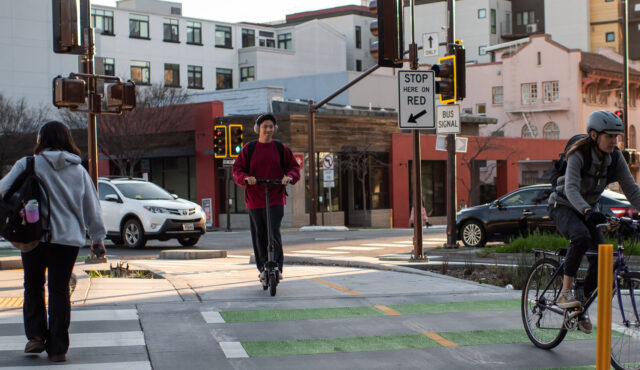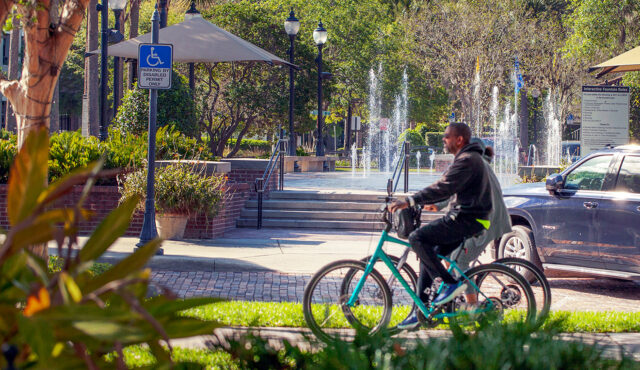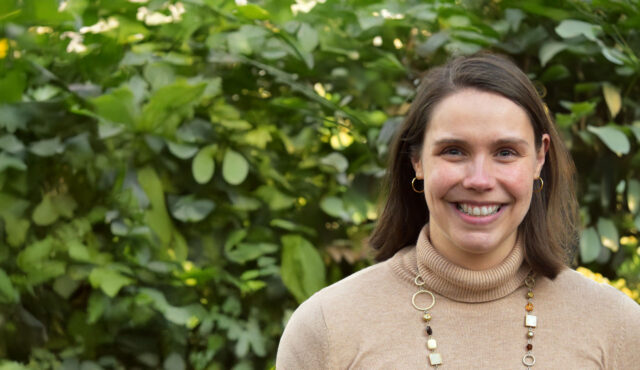In January, thousands of transportation professionals converged on Washington, DC to attend the 99th Annual Meeting of the Transportation Research Board. Several Toole Design staff attended, and seven papers—on topics ranging from reducing pedestrian fatalities to dockless bikeshare and much more—were accepted for presentation. See the full list of papers here.
What were the key takeaways?
- Big data is getting bigger. There was a lot of discussion around when and how to apply big data, as well as the need for more validation of datasets. Before turning to big data, it’s important to take a step back and think about what your actual goal is. And when you do turn to big data, remember to clearly communicate the margin of error, which can often make a significant difference.
- Pedestrian safety is not improving. Toole Design staff presented two papers on the topic of pedestrian fatalities. Unfortunately, the problem is getting worse, and nighttime fatalities are on the rise. This is particularly concerning with an aging population. At Toole Design, we believe that these crashes are preventable. Learn more about our Vision Zero work here.
- Equity was a focus. There was a curated track on equity at TRB this year, as well as numerous studies looking at demographic impacts on walking and bicycling. How do planners take this into account in their work? By being careful not to subject vulnerable populations to perpetual conditions of disadvantage. When analyzing impacts on disadvantaged populations, do not assume their current state (e.g. high travel times, low wage jobs) as a given. This could lead to building disparities into plans and models and perpetuating inequitable transportation outcomes. Learn more about Toole Design’s equity work here.
- Bicycling as a political act? A study presented at TRB found that using cars as a primary mode on transportation promotes values such as freedom, autonomy, individualism, and unfettered mobility. Conversely, it found that bicycling is “viewed as a political symbol opposed to automobility and linked to counterculture.” Do you view bicycling as a political act? Let us know your thoughts by tagging @TooleDesign on Twitter.
- Finding creative solutions to climate issues is top-of-mind. Researchers from Denmark presented on a new climate-friendly pavement that reduces greenhouse gas emissions by making vehicle movement more efficient. This will also benefit pedestrians and cyclists by reducing noise pollution and exposure to particulate matter. Meanwhile, Norwegian researchers presented their ambitious sustainability goals, including selling zero-emission cars by 2025. Read more about how we’re tackling environmental issues using equity, empathy, and ethics here.
All in all, time spent at TRB was exciting and inspiring—and we’re sure the 100th annual meeting next year will be even bigger and better. Mark your calendars for Jan. 24 – 28, 2021!
This post contains insights from Jesse Boudart, P.E., Stefanie Brodie, Ph.D, Laura Cabral, M.Sc., Frank Proulx, Ph.D, and Jessica Schoner, Ph.D


